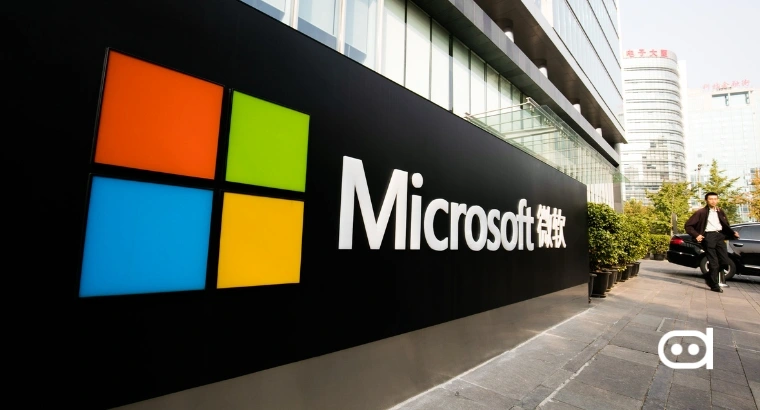
Microsoft has recently unveiled a groundbreaking innovation in the field of material science with MatterGen. With this powerful generative AI model, the discovery and evolution of new materials is soon to be a turning point. Using complex mathematical structures, MatterGen hopes to accelerate the generation process of new materials with specific properties. This is quite revolutionary from traditional approaches that involve complex searches through databases.
Previously, a researcher required a considerable amount of time to browse through databases in order to introduce materials that fit particular parameters. Although this approach is somewhat effective at identifying at-risk patients, it can take time, and the risks are constrained by the data in these databases. MatterGen has been presented as an alternative solution. Moreover, since it uses a diffusion-based generation, it can directly generate new materials with optimal atom types, positions, and lattices, resulting in the formation of stable crystal structures. This not only opens up more possibilities but can also greatly accelerate the search process.
In terms of the characteristics it possesses, MatterGen has much potential and one of those capacities is the ability to meet precise limitations when fine-tuned. The system can encode information on specific materials and their structure, including their chemical composition, symmetry, and the characteristics that are wanted, such as strength, electrical conductivity, or magnetism. For instance, MatterGen use case demonstrated its ability in generating materials with high bulk modulus, indicating the material’s stiffness, which cannot be achieved through conventional approaches.
The model has the flexibility for extension to multi-property improvement. One such instance is when MatterGen was able to design materials that have high magnetic properties, while considering constraints in the supply chain. It is unique because it enables development of content that to not only has to be technically correct, but also has to address concepts like sustainability and resource accessibility.
Currently MatterGen has been validated through computational methods only. Nevertheless, the AI materials are currently still in the developmental stage and Microsoft is employing experimental partners to grow these kinds of products in a laboratory setting. This is a significant achievement in bridging the gap between theory and application in engineering design. The potential and applications of MatterGen are numerous and can take advantage of almost every sector including energy, electronics and production where there is a demand for unique materials with specific characteristics.
Microsoft is seriously reshaping materials design as part of their MatterGen project. With generative AI, they plan to leave behind the classic approaches to materials science and technology. With this advancement, AI is indeed capable of revolutionizing industries that require state of the art materials technology, advancing fields like renewable energy and advanced semiconductors.
Diffusion is a contemporary concept in the field of artificial intelligence and the framework of the model is designed based on this concept. It is different from previous methods of seeking structures, as it involves progressive operations in the creation of new forms of organisation of atoms. Therefore, it produces reliable and distinct materials that can meet set standards thus availing chances for scientists to acquire new varieties of materials. In addition, through the use of adapter modules, the functionality of the model is extended and it becomes a multi-purpose tool.
Microsoft’s MatterGen is not only enhancing the efficiency of generative AI but is also addressing major challenges in the domain of material science. This powerful technology can be used to develop materials that have targeted and outstanding properties, and thus can also enable new innovations that will be sustainable in ways that was never possible before.
Further development of MatterGen is expected to increase its versatility throughout the research process, creating opportunities for testing it in experimentations as well as its usage in practical applications. Microsoft’s pioneering work shows the great potential that AI can bring to the future of materials science and its potential for possibilities that were once thought impossible.
Latest Stories:
Cisco Launches AI Defense Solution to Combat Emerging AI Security Threats
Microsoft Prepares for EU AI Act Implementation, Supports Customers in Compliance
Meiji Yasuda Partners with Accenture in Landmark AI transformation Deal




